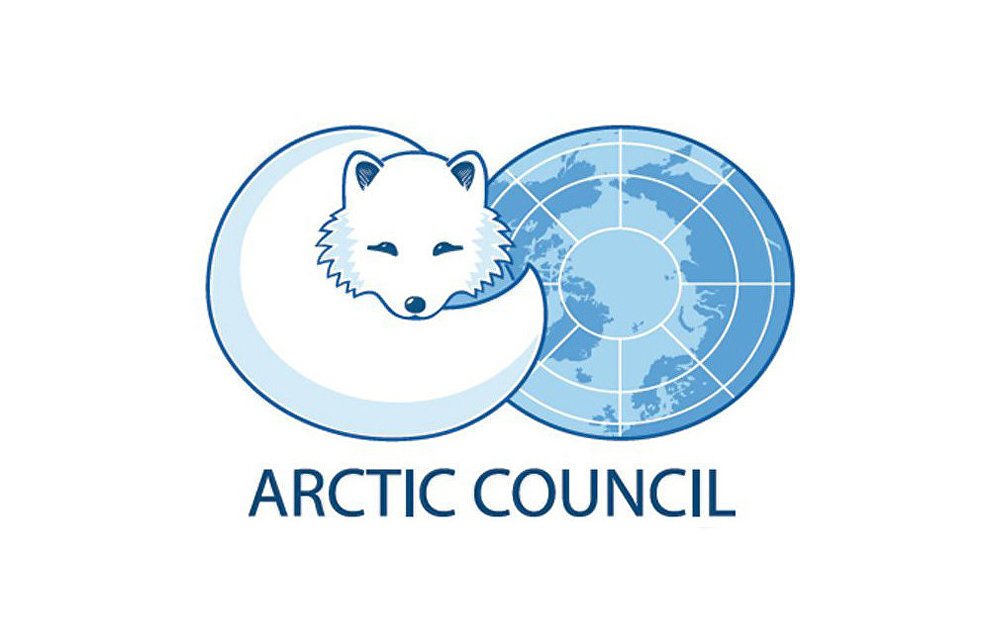Arctic Council supports project to preserve northern languages in Russia
The project to digitalize the linguistic and cultural heritage of the indigenous peoples of the Arctic has been supported by the participants in a session of the Arctic Council Sustainable Development Working Group (SDWG) held in Iceland on October 27-28.
“The project is aimed at a wide target group including indigenous peoples living in the Arctic, indigenous youth, as well as those studying languages, cultures and traditional lifestyles of indigenous peoples. It will involve creating an international multicultural website on the languages, culture and food heritage of the indigenous peoples of the Arctic,” said Anatoly Zhozhikov, Head of the project and Head of the UNESCO Chair in Social and Human Adaptation of the Arctic Regions to Climate Change and Globalization at North-Eastern Federal University.
He also called for building an international team of participants from the Arctic states to study the experience that Arctic Council countries have in preserving the linguistic and cultural heritage of the indigenous peoples of the Arctic.
“The plan is to conduct interviews and record the speech of native speakers of the Arctic indigenous peoples' languages and bearers of traditional indigenous cultures, and to collect material from public and private archives on linguistic, cultural, historical and food heritage. It is important to involve indigenous youth in research to preserve their linguistic and cultural heritage,” he added.
This project, implemented with the support of Yakutia’s regional Ministry for the Development of the Arctic and the Affairs of the Peoples of the North, is consistent with SDWG’s main thematic areas, as reflected in its strategic framework document. The project will also contribute to achieving the main goals of the SDWG and the Russian Arctic Council chairmanship in 2021–2022.
Russia will take over the chairmanship from Iceland in May 2021 and will lead the Arctic Council through the next biennium.
